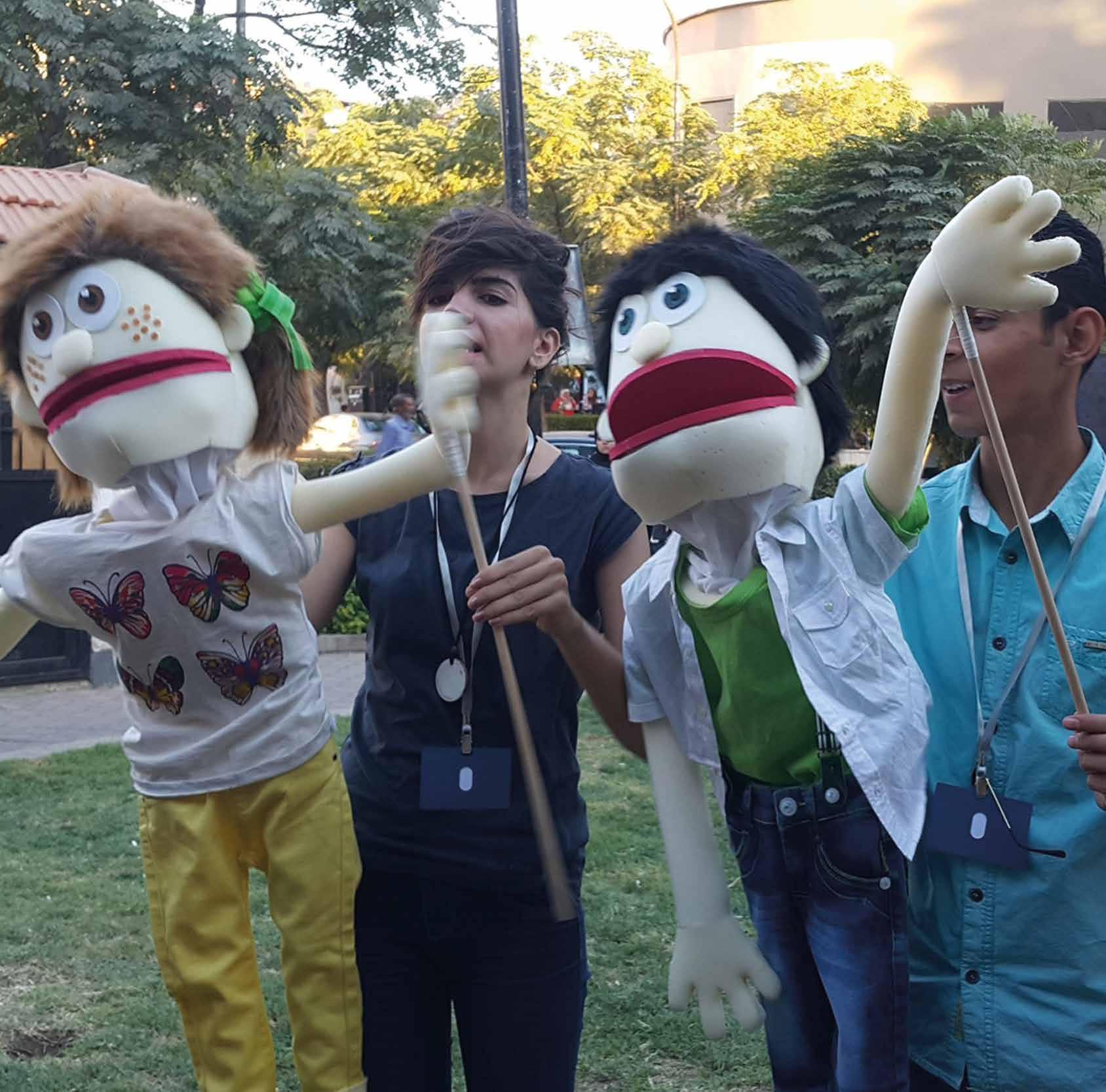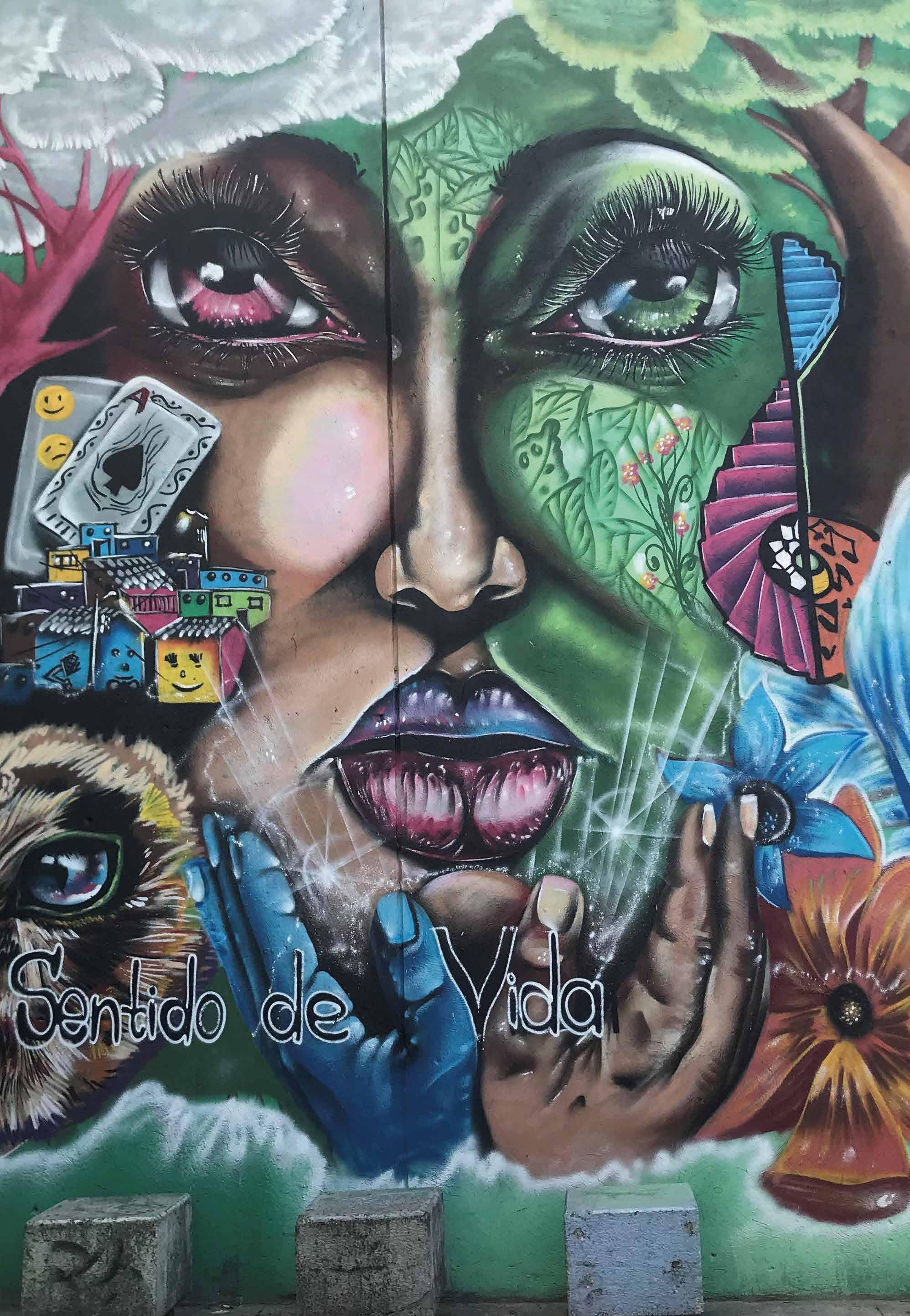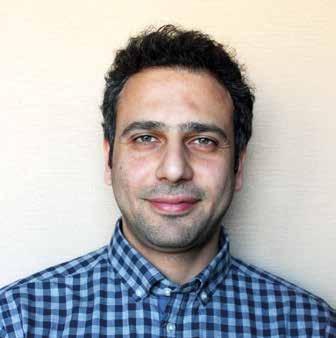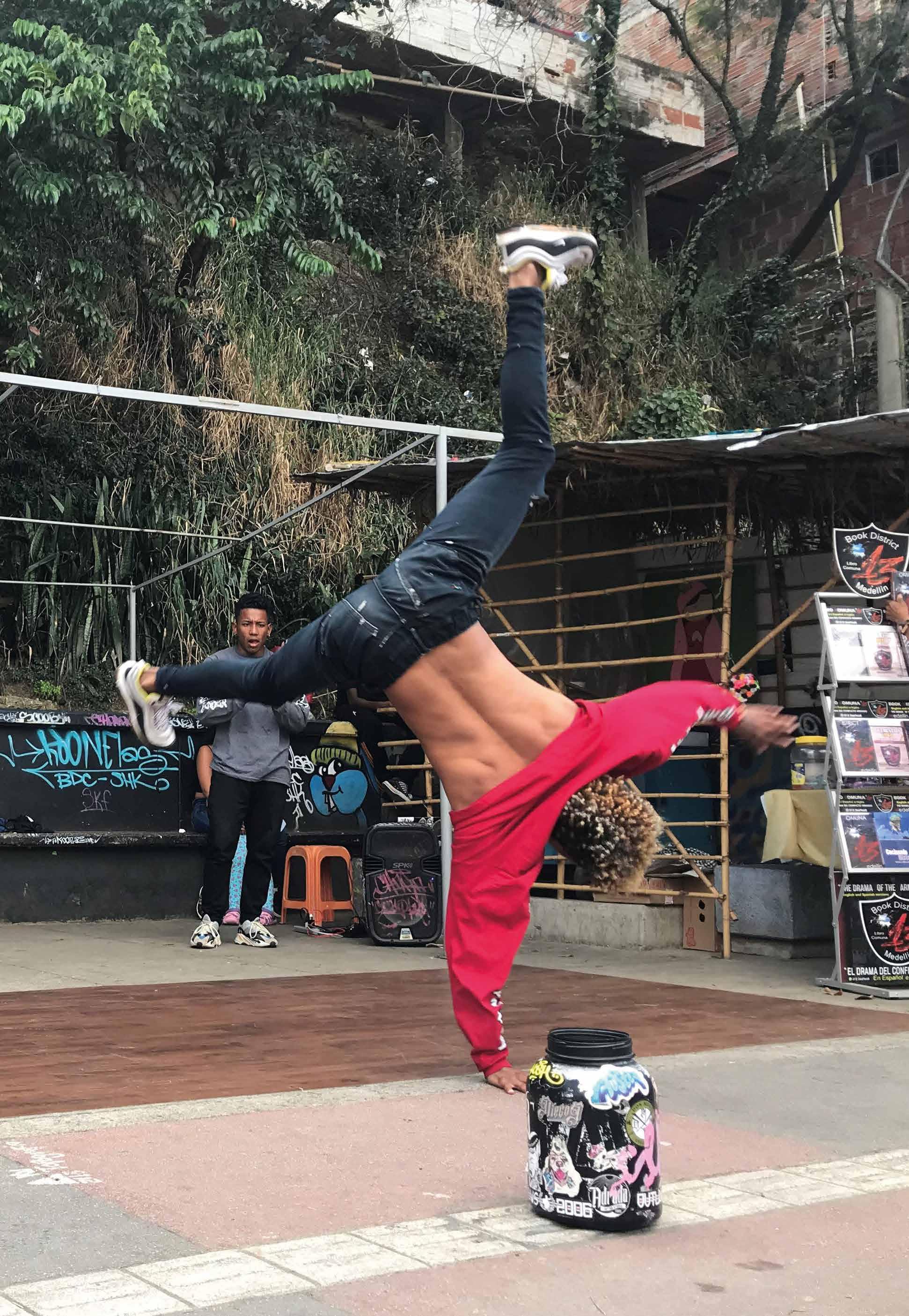The art of peace 15
References Aubrey, M, Aubrey, R, Brodrick, F and Brooks, C (2016a) Why young Syrians choose to fight: vulnerability and resilience to recruitment by violent extremist groups in Syria. London: International Alert. Aubrey, M, Aubrey, R, Brodrick, F and Simpson, R (2016b) Teaching peace, building resilience: assessing the impact of peace education for young Syrians. London: International Alert. Bentrovato, D (2015) Rwanda, Twenty Years On: Assessing the RPF’s Legacy through the Views of the Great Lakes Region’s New Generation. Cahiers d’Études Africaines 218. Bergh, A and Sloboda, J (2010) Music and art in conflict transformation: a review. Music and Arts in Action 2/2. Breed, A (2006) Performing reconciliation in Rwanda. Peace Review: A Journal of Social Justice 18/4.
Gourevitch, P (2000) We wish to inform you that tomorrow we will be killed with our families. London: Picador. Grant, AM (2017) The making of a ‘superstar’: the politics of playback and live performance in post-genocide Rwanda. Africa: The Journal of the International African Institute 87/1. Grincheva, N (2010) U.S. arts and cultural diplomacy: post-cold war decline and the twenty-first century debate. The Journal of Arts Management, Law and Society 40/3. Journeys Discovering Africa (2014) Remembrance in Rwanda. Africa Geographic 10 April 2014. Kafewo, SA (2007) The rhythms of transformation: theatre and conflict resolution in northern Nigeria. New Theatre Quarterly 23/2.
Breed, A (2008) Performing the nation: theatre in post-genocide Rwanda. The Drama Review 52/1.
Kazibwe, AI (2017) Theatre, music, film to mark Kwibuka. The East African 1 April 2017. Available online at: https://bit.ly/2KnhW7P
British Council (2012) Voices of the people: culture, conflict and change in North Africa. London: British Council.
McCoy, J (2009) Making violence ordinary: radio, music and the Rwandan genocide. Journal of the International Library of African Music 8/3.
Chu, V (2010) Within the box: cross-cultural art therapy with survivors of the Rwanda genocide. Art Therapy: Journal of the American Art Therapy Association 27/1.
McHenry, JA (2011) Rural empowerment through the arts: the role of the arts in civic and social participation in the Mid West region of Western Australia. Journal of Rural Studies 27.
Cohen, C (2005) ‘Creative approaches to reconciliation’, in Fitzduff, M and Stout, C (eds) The Psychology of Resolving Global Conflicts: from War to Peace. Westport: Greenwood Publishing Group. Available online at: https://www.brandeis.edu/ethics/pdfs/publications/ Creative_Approaches.pdf Donaldson, A and Hörtner, C (2019) Culture in an Age of Uncertainty: The Value of Cultural Relations in Societies in Transition. London and Munich: British Council and Goethe-Institut. European Commission (2015) Strive for development: strengthening resilience to violence and extremism. Luxembourg: Publications office of the European Union. Fenercioğlu, M (2016) Music for peace: a model for socialization. Bulgarian Musicology 2–3. García, MEP (2014) Music and reconciliation in Colombia: Opportunities and limitations of songs composed by victims. Unpublished master’s thesis. Tokyo University of Foreign Studies. Available online at: http:// musicandartsinaction.net/index.php/maia/article/view/ musicreconciliationcolombia
McPherson, G, Mamattah, S, Moore, A, Cifuentes, G and Moualla, Y (2018) A Review of the Contribution of Arts & Culture to Global Security & Stability. Melvin, J (2013) Correcting history: Mandatory education in Rwanda. Journal of Human Rights in the Commonwealth 1/2. Naidu-Silverman, E (2015) The contribution of art and culture in peace and reconciliation processes in Asia. Copenhagen: CKU. Nzahabwanayo, S, Horsthemke, K and Mathebula, TP (2017) Identification and critique of the citizenship notion informing the Itorero training scheme for high school leavers in post-genocide Rwanda. South African Journal of Higher Education 31/2. Paluck, EL (2009) Reducing intergroup prejudice and conflict using media: a field experiment in Rwanda. Journal of Personality and Social Psychology 96/3. Preis, AB and Stanca Mustea, C (2013) The role of culture in peace and reconciliation. UNESCO.





